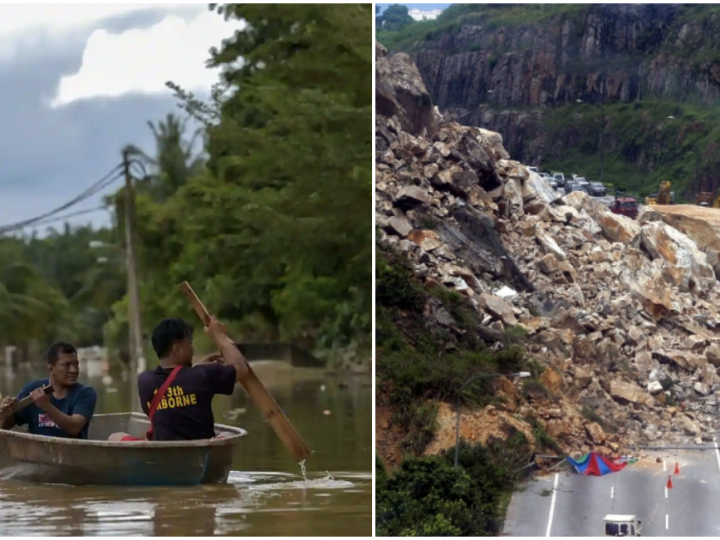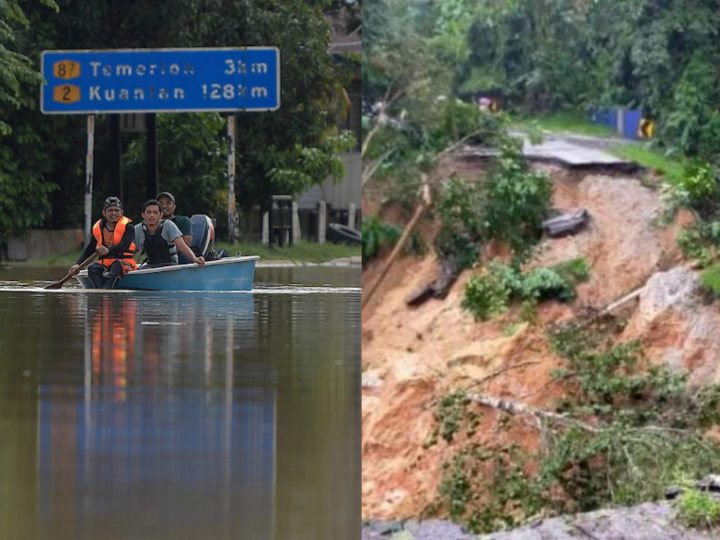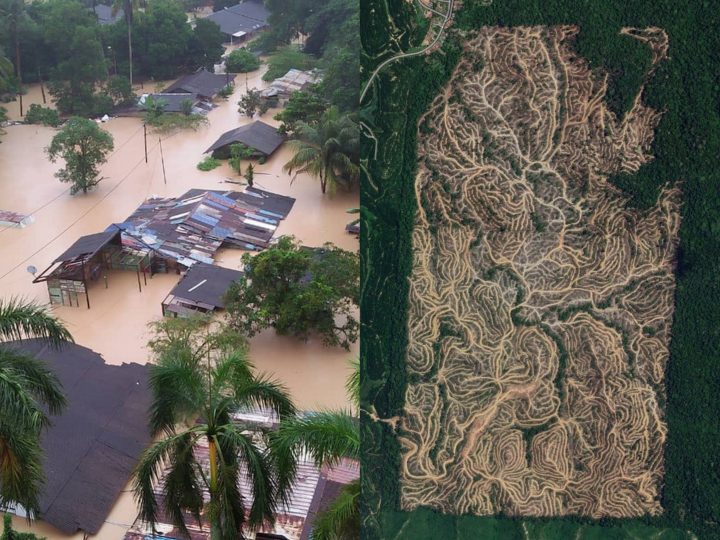Climate Change: 5 Key Takeaways From The IPCC Report & How Malaysians Can Take Action
 Thirsty for JUICE content? Quench your cravings on our Instagram, TikTok and WhatsApp
Thirsty for JUICE content? Quench your cravings on our Instagram, TikTok and WhatsApp
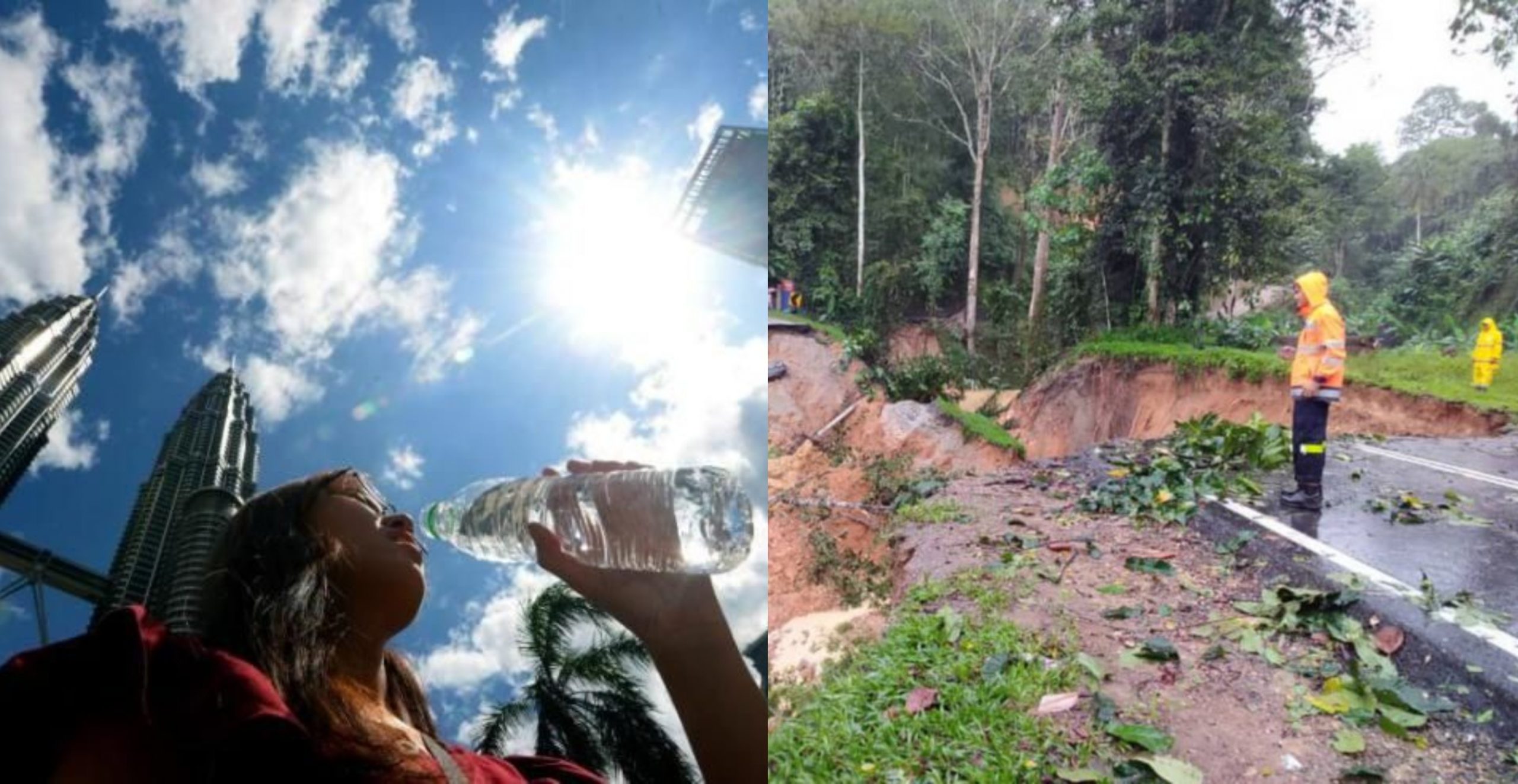
It’s no secret that Malaysia’s cities are heating up. Recording temperature increases of up to 6.7 degrees Celsius over the last two decades and just this year, massive floods and landslides that led to casualties, there are many factors that contribute to the how’s and why’s, but at the end of the day, it all leads back to climate change.
Malaysia was also predicted to be one of the countries that will suffer the hardest impact from climate change by 2030.
Recently, the U.N.-appointed Intergovernmental Panel on Climate Change (IPCC) published a new report on Monday (9 Aug) summarising the latest authoritative scientific information about global warming. It is the confidence of the assertions that the scientists are now making that is the real strength of this new publication.
The phrase “very likely” appears 42 times in the 40-odd pages of the Summary for Policymakers. In scientific terms, that’s 90-100% certain that something is real.
“Climate change is not a problem of the future, it’s here and now and affecting every region in the world,” said Dr Friederike Otto from the University of Oxford, and one of the many authors on the IPCC report.
Here are five things you can learn from the IPCC 2021 report:
1. It’s affecting every region on Earth
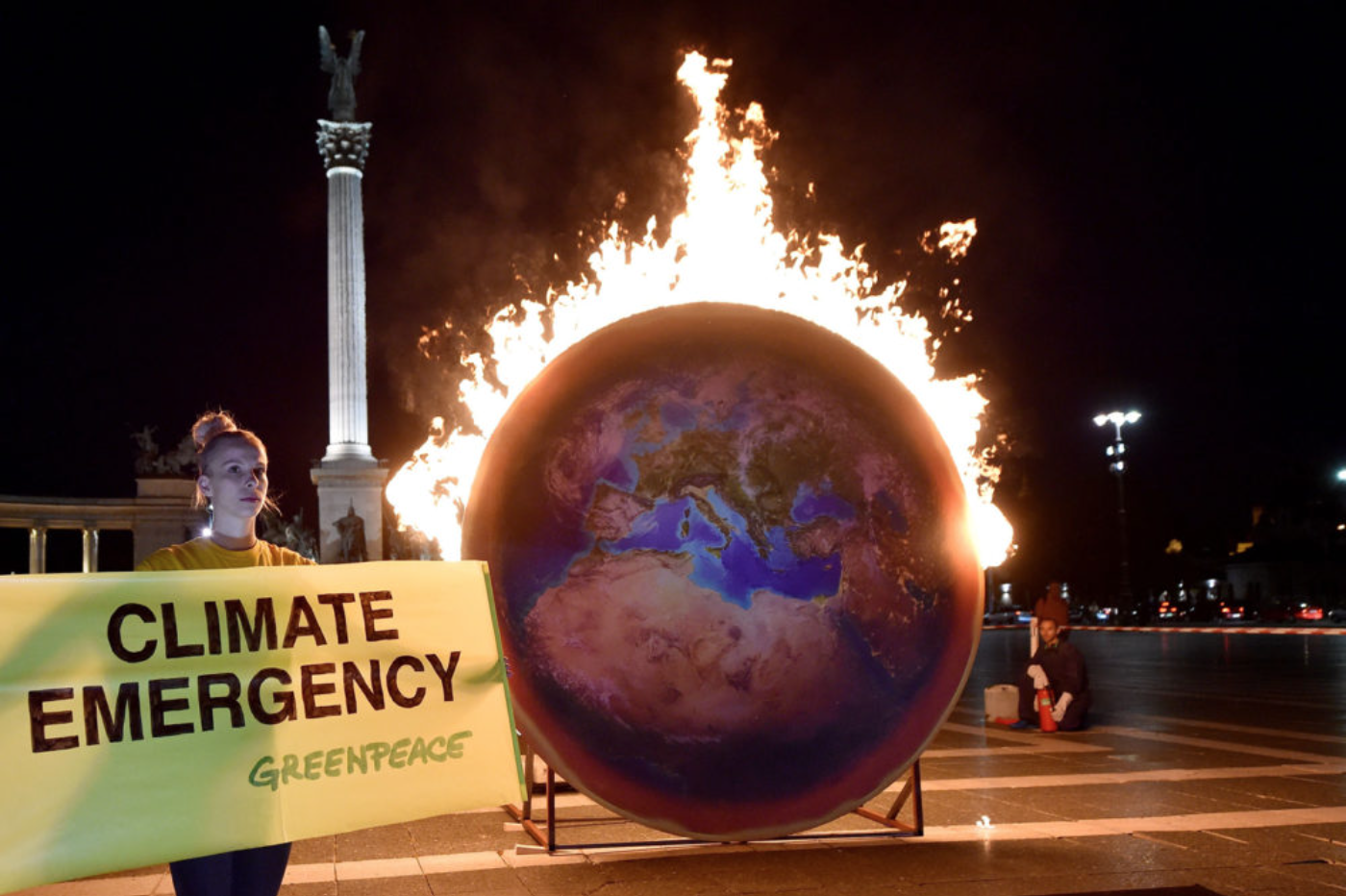
Many characteristics of climate change directly dependent on the level of global warming, what people experience locally is often very different to the global average. For example, warming over land is larger than the global average, and it is more than twice the average in the Arctic.
The report projects that in the coming decades, changes in climate will increase in every region on Earth. If global warming is kept to 1.5°C, we will still see an increase in heatwaves, and longer warm seasons and shorter cold seasons. But if that figure reaches 2°C, heat extremes would more often reach the critical thresholds where they can cause serious issues for agriculture and health, the report shows.
“Climate change is already affecting every region on Earth, in multiple ways. The changes we experience will increase with additional warming,” said IPCC Working Group Co-Chair Panmao Zhai.
2. It’s about more than rising temperatures
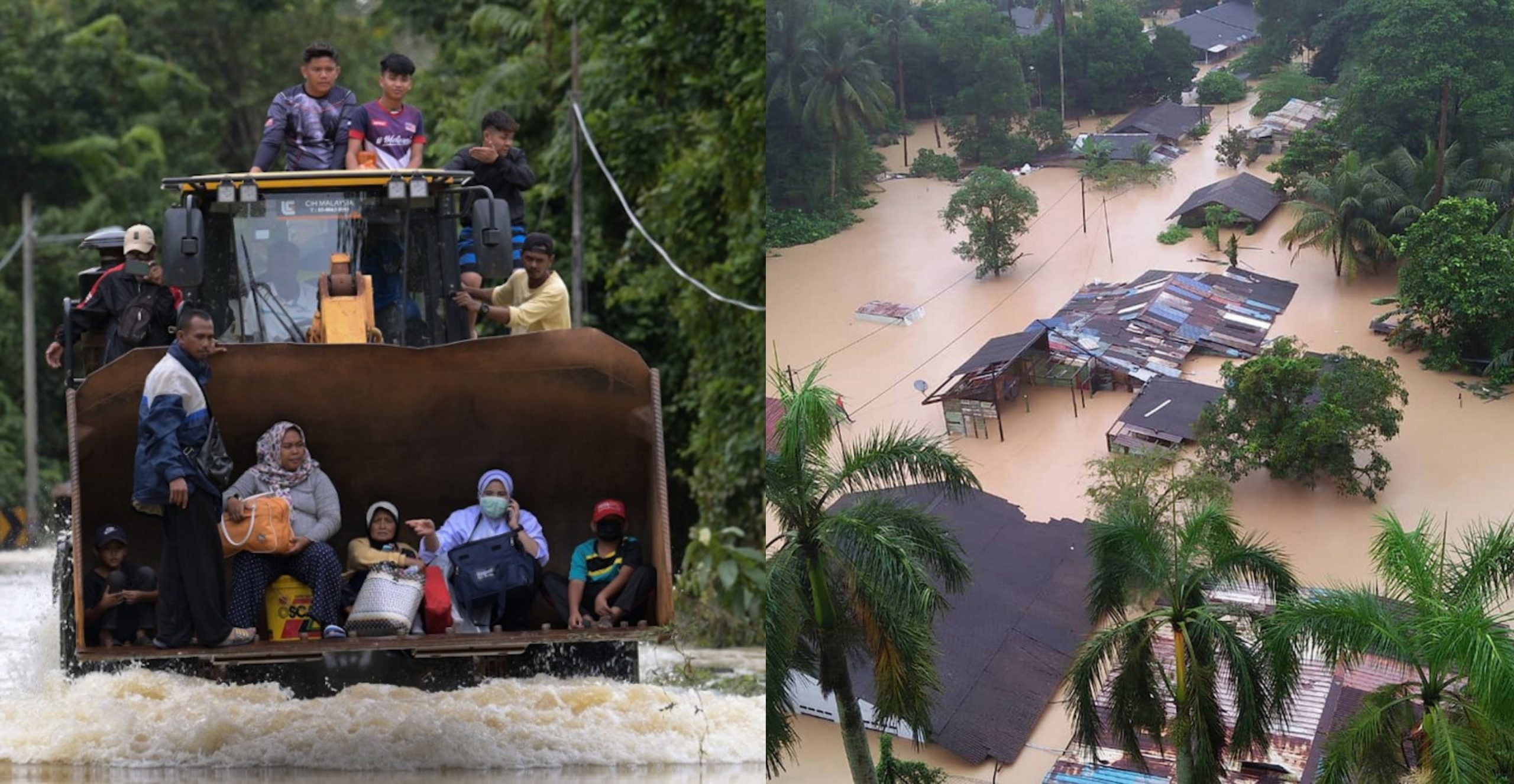
Though the focus tends to be on rising temperatures, climate change is also having a significant effect on the global patterns of rain, wind and snow. Changes in the climate are affecting the water cycle, bringing more intense rainfall and flooding, as well as more severe periods of drought in many regions.
Rainfall is likely to increase in high latitudes, and decrease over large areas of the subtropics. Local changes are also likely to occur during monsoon seasons.
Rising temperatures will also accelerate the loss of seasonal snow cover, the melting of glaciers and ices sheets, and the loss of summer Arctic sea ice.
“The report finds strengthened evidence that human-caused warming of climate is intensifying the global water cycle, including its variability and the severity of very wet and very dry weather and climate events affecting all regions,” said report author Prof Richard Allan, Professor of Climate Science at the University of Reading.
The newly assessed science is clear that without rapid and sustained cuts in human-caused greenhouse gas emissions, water cycle extremes will continue to intensify with future increases in global surface temperature, along with more severe associated flooding and drought events.
Extreme sea-level events that previously occurred once in 100 years could happen every year by the end of this century, the report states.
3. Current measures are not enough
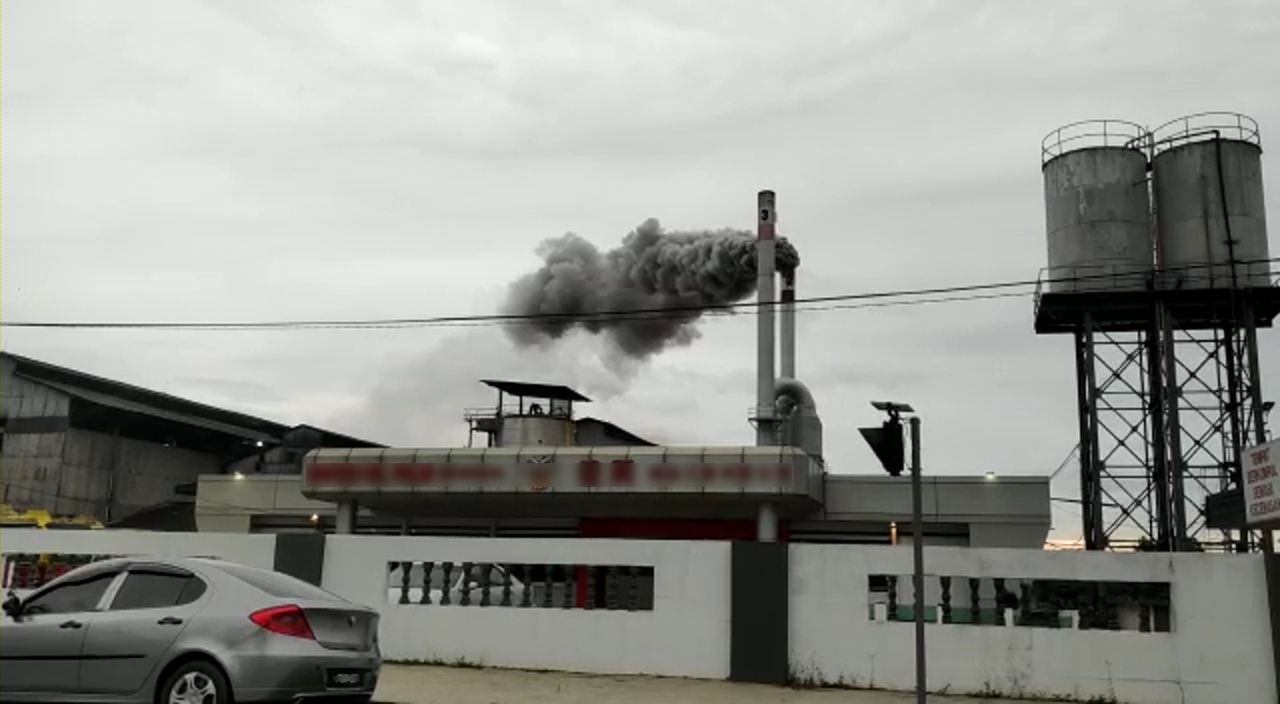
The report provides new estimates of the chances of crossing the global warming level of 1.5°C in the next decades and finds that unless there are immediate, rapid and large-scale reductions in greenhouse gas emissions, limiting warming to close to 1.5°C or even 2°C will be beyond reach.
“If there was still a need for proof that climate change is caused by human activities this is the report that provides it. The report goes well beyond the previous IPCC assessment of 2013 and resolves all major uncertainties, to provide the clearest picture yet of the effect of human activities on the climate and on weather extremes,” said report author Prof Corinne Le Quéré, Royal Society Professor of Climate Change Science at the University of East Anglia.
“The message could not be clearer, as long as we continue to emit CO2 the climate will continue to warm and the weather extremes – which we now see with our own eyes – will continue to intensify. Thankfully we know what to do: stop emitting CO2.”
4. There’s still time to act
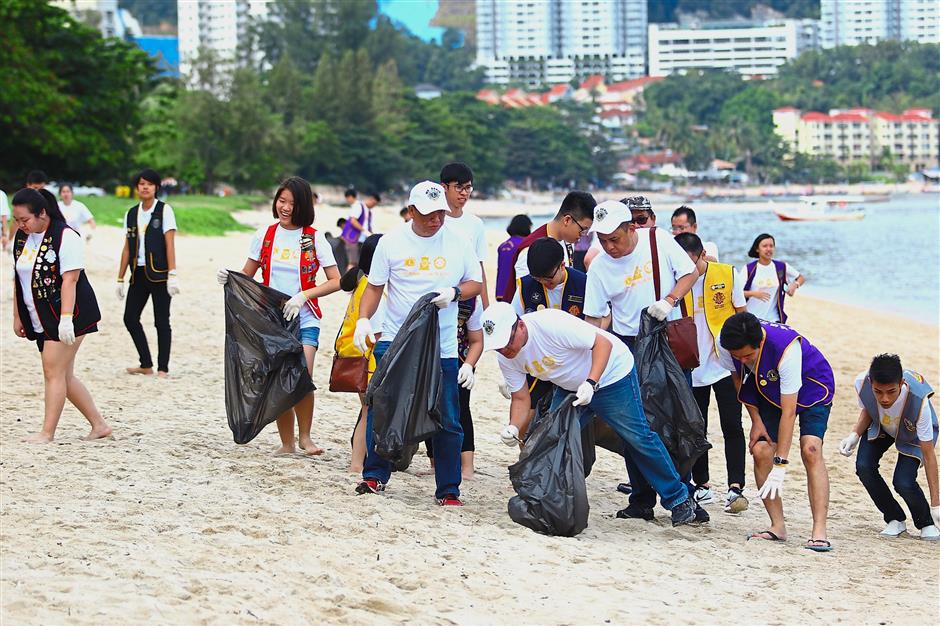
Thankfully, it’s not all bad news. Significant and sustained reductions in the emissions of carbon dioxide and other greenhouse gases over the coming decades could limit climate change and even see global temperatures stabilise, the report states.
“Every small increase in warming leads to greater impacts. We are already seeing the consequence of human impacts on the climate with near-global increases in heat and rainfall extremes, which have had severe impacts in many parts of the world,” said Associate Professor Shayne McGregor, from the School of Earth, Atmosphere and Environment at Monash University.
“The next two decades are particularly critical. It will require sustained and concerted global efforts targeting rapid reductions in CO2, methane and other greenhouse gases to limit warming to 1.5°C in line with the Paris Agreement”.
So, what can Malaysians do?
Aidil Iman Aidid, an environmental activist and member of the Malaysian Youth Delegation (youth climate movement) listed some ways for Malaysians to take action and contribute to climate action which include: volunteering in environmental organisations, contacting MPs to inspire changes in policy and spreading awareness.
Take a look:
the latest IPCC report on climate change can be scary. but it’s important to not be defeated. the earth is our responsibility.
i’ve listed how some of the ways malaysians can personally contribute to climate action. what you do today, makes a difference tomorrow! (1/2) pic.twitter.com/q6SSpPWvR2
— freyr (@notsoaidil) August 11, 2021
Aidil also reminded fellow Malaysians to not give up as it’s equal to “climate inaction”.
“It is our amanah (duty) to take care of the planet. To do so, we must hold polluters accountable & reject unsustainable projects. We cannot afford to lepas tangan (surrender) on this crisis”, he tweeted out.
Check out the full IPCC report below:


 Get Audio+
Get Audio+ Hot FM
Hot FM Kool 101
Kool 101 Eight FM
Eight FM Fly FM
Fly FM Molek FM
Molek FM